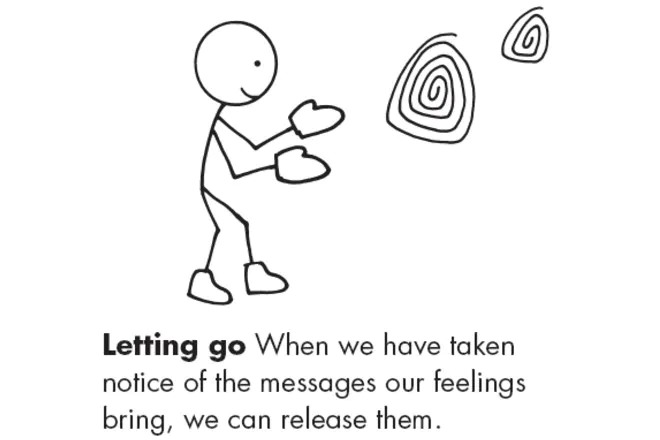February 3, 2025
- Sheryl and Dan Malin
- Feb 3
- 3 min read
Hello Followers,
It is Monday!

Today Dan and I will be finishing on the topic of regrets.
But before we move on to self-forgiveness, there are questions that I have always wondered.
Like for example, what is the psychology behind regret?
Well, regret is a complex emotion that stems from the realization that we could have acted differently in a past situation.
The psychological theory of regret suggests that it stems from the differences between our current state and our desired state.
Another question that I ask myself is how does regret affect our mental health?
Well, regret can have a significant impact on our mental health, leading to feelings of sadness, disappointment, and guilt.
It can also contribute to anxiety, depression, and other mental health disorders if it is not properly addressed and managed.
This question pops up every so often, what are some common causes of regret?
And the answer is, regret can stem from a variety of sources, including missed opportunities, failed relationships, and poor decision making.
It can also arise from a sense of not living up to our potential or not taking enough risks.
And to me the most important question is how can we learn to move on from regret?
The answer is, moving on from regret can be a challenging process, but it is possible.
It involves acknowledging and accepting our regrets, finding ways to make amends or learn from our mistakes, and focusing on the present and future instead of dwelling on the past.
And of course, this question, is it healthy to dwell on past regrets?
The answer, constantly dwelling on past regrets can be harmful to our mental health and well-being.
It can also prevent us from moving forward and making positive changes in our lives.
Instead of dwelling on our regrets, it is important to learn from them and use them as lessons for the future.
It is unhealthy to keep dwelling on our failures.
Move on, learn from the past, and live in the moment.

Roasted Garlic and Rosemary White Bean Soup

INGREDIENTS:
- 3 heads of garlic, tops trimmed
- 1 tablespoon oil (for roasting garlic)
- 1 tablespoon oil (for the soup)
- 1 onion, diced
- 3 cloves garlic, chopped
- 4 cups chicken broth (or vegetable broth)
- 3 (14.5 ounce) cans white beans, rinsed and drained
- 2 teaspoons fresh rosemary, chopped (or one teaspoon dried rosemary)
- 1/4 cup grated Parmigiano Reggiano (Parmesan cheese, optional)
- 1 tablespoon lemon juice
- Salt and pepper to taste
INSTRUCTIONS:
Prepare the Roasted Garlic: Preheat the oven to 350°F (180°C).
Drizzle oil over the tops of the exposed garlic heads, wrap them in aluminum foil, and roast for about 60 to 90 minutes, or until the garlic is lightly golden and tender.
Cook the Onion and Garlic: In a large saucepan, heat one tablespoon of oil over medium heat.
Add the diced onion and cook until tender, approximately 5 to 7 minutes.
Stir in the chopped garlic and sauté until fragrant, about 1 minute.
Combine Ingredients: Pour in the broth, add the rinsed white beans, and mix in the rosemary.
Bring the mixture to a boil, then reduce the heat and let it simmer for 5 minutes.
Add Roasted Garlic: Once the garlic is finished roasting, squeeze the soft cloves into the soup.
Blend the Soup: Use a blender or an immersion blender to puree the mixture until smooth.
Finish the Soup: Stir in the grated Parmesan cheese and lemon juice.
Season with salt and pepper to taste.
Serve: Enjoy your delicious Rosemary and Roasted Garlic White Bean Soup!
My time to let go of regret is now - guided meditation for a positive life.
Until Tuesday, everyone has regrets. It is a sign of growth
because we realize that we can now do better than before.




































Comments